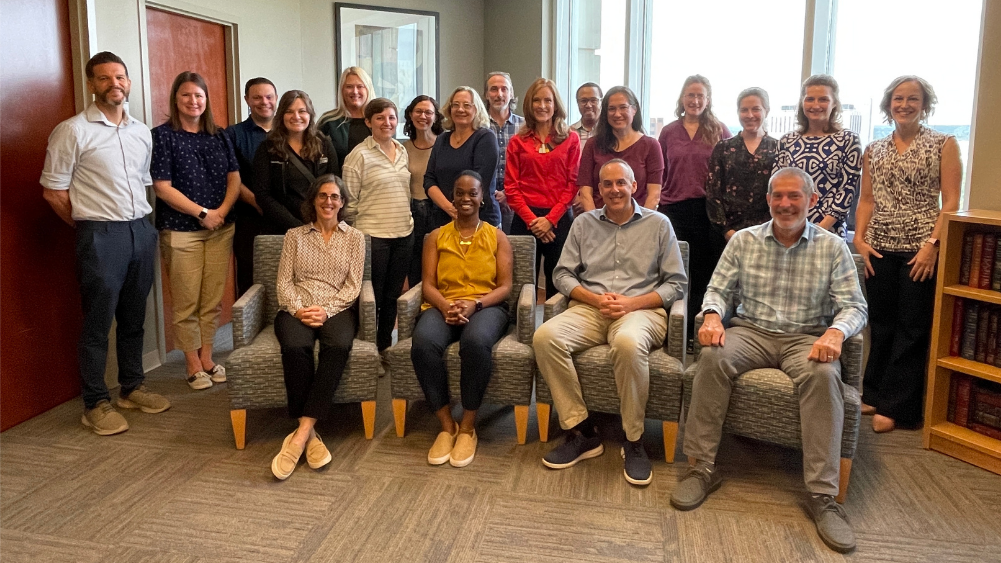Applicants may choose from among the following 11 concentrations:
- Autism
- Behavioral Medicine
- Cancer/Psychosocial Oncology
- Clinical Child, Adolescent, and Emerging Adults
- Eating Disorders
- Pediatric Neuropsychology
- Process-Based Cognitive Behavioral Therapies – Adults
- Process-Based Cognitive Behavioral Therapies – Emerging Adults
- Student Mental Health
- Trauma
- Women's Health
Applicants are encouraged to apply to only one concentration. Reason(s) for applying to more than one concentration must be clearly outlined in the applicant’s cover letter.
One intern will be selected for each concentration.
Program Requirements
Interns must successfully complete 12 months of full-time (2,000 hour) training experience to earn a certificate of completion. Successful completion is based on full attendance and passing evaluations of performance by supervisors and mentors in the Profession-Wide Competencies.
